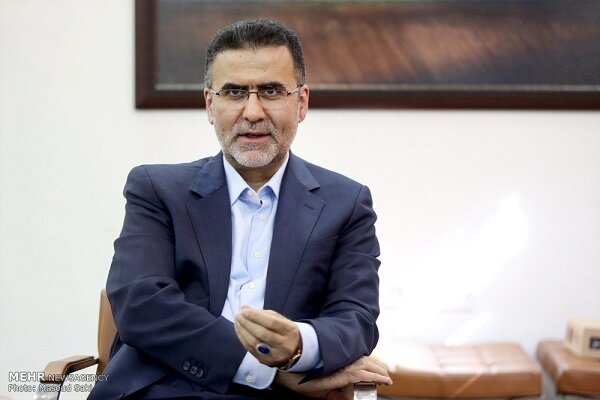Political Individualism and Party Decline: Democracy’s Challenge in Modern France

The Fifth French Republic, established in 1958 amid the political crises of its predecessor, was designed to consolidate executive authority under the presidency. Over six decades later, it now faces fundamental questions about governance efficacy, political depiction, and public participation. Originally conceived as a remedy for parliamentary instability and partisan chaos, the system has evolved into a hyper-centralized model-hailed by some as strong leadership but criticized by others as a crisis for modern democracy. The collapse of conventional parties, rise of unstructured movements, eroding public trust, and strengthening extremist factions all signal profound shifts in France’s political landscape.
In an interview with Dr. Hojjatollah Ayoubi-University of Tehran professor and prominent French studies scholar-we examine the roots of thes transformations. Ayoubi analyzes how Charles de Gaulle’s personalized governance model aimed to resolve Fourth Republic fragmentation but now struggles with 21st-century participatory demands.
Ayoubi also discusses France’s “defensive secularism,” an ideological stance intensifying against religious resurgence-even in Western contexts. He argues that Western ethnocentrism is declining; sociologist Alain Touraine’s “return of emotion” thesis suggests this century will prioritize human connections over transactional power dynamics-leaving any indifferent political system vulnerable to legitimacy crises.
The interview paints a multidimensional portrait: France champions democratic ideals while grappling with participation deficits, perpetual polarization, and cultural fractures.
The Fifth Republic (1958) centralized presidential power. Dose this model still align with participatory democracy or face representation crises?
The French historically positioned themselves as Europe’s vanguard-claiming revolutionary democratic breakthroughs despite greece’s earlier precedents. Their First republic devolved into terror; subsequent empires and monarchies bred skepticism toward republicanism itself.Philosophers like Rousseau further elaborate matters by framing national will as indivisible-a concept weaponized against dissent during revolutionary violence.
Party-based democracy briefly emerged under the Fourth Republic (1946-1958), but 20 prime ministers rotated within 12 years amid chronic instability. the Fifth Republic countered this by marginalizing parliament and parties through constitutional engineering: presidents gained unparalleled powers like appointing prime ministers unilaterally or dissolving legislatures at will.
With traditional parties collapsing post-Macron era politics becoming personality-driven is this elite revival or systemic change?
“Alternance” between left-right coalitions onc stabilized France untill public disillusionment set in during the 1980s after both sides converged economically while corruption scandals erupted unchecked despite clarity laws being passed subsequently.
Today only ~2-3% support mainstream parties compared their former ~30% base according polling data cited here.
Movements like Yellow Vests explicitly rejected partisan co-option reflecting broader distrust toward institutional representation mechanisms altogether notes sociologist Pierre Bourdieu who warned politics had become detached from societal interests long ago already…
Tensions between Republican values & minority identity claims persist How has laïcité impacted intercultural relations? Can multicultural coexistence thrive under current policies especially regarding Muslims?
france largest religious minority Muslims remain haunted colonial legacies particularly Algeria where atrocities committed during independence war still unresolved emotionally says tourain who critiques ethnocentric assimilation policies demanding minorities erase cultural distinctions entirely… Recent Gaza conflict positions further alienated communities feeling betrayed Paris perceived pro-israel stance adds fuel fire warns interviewee…
)


